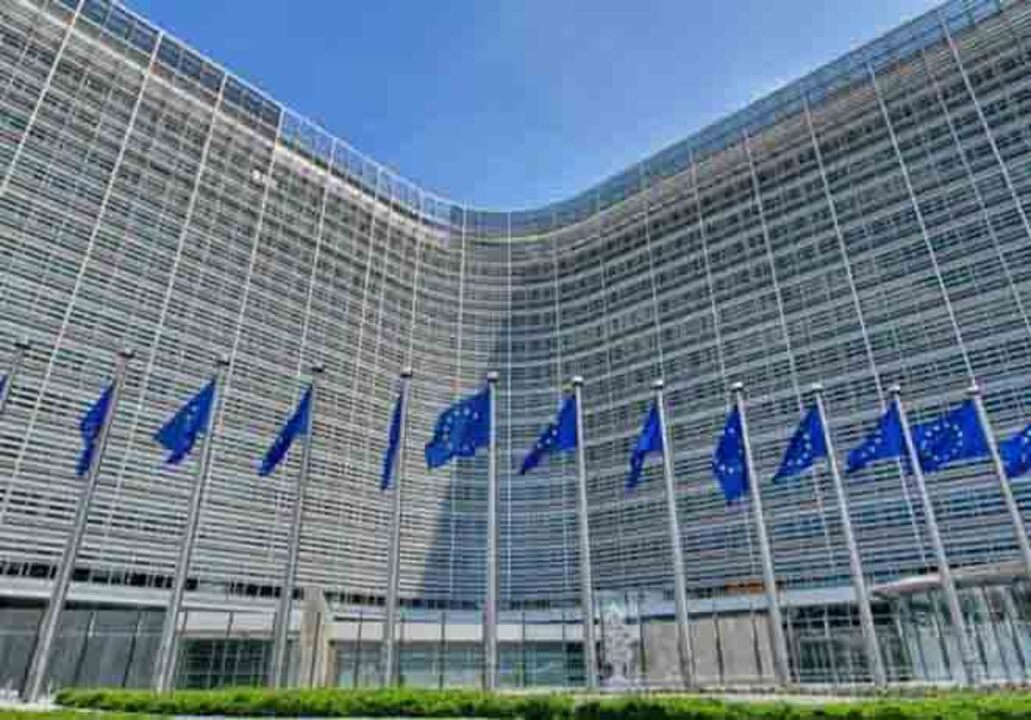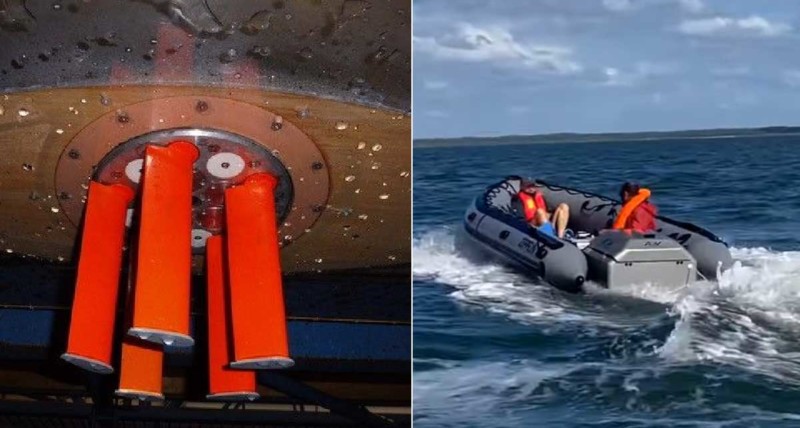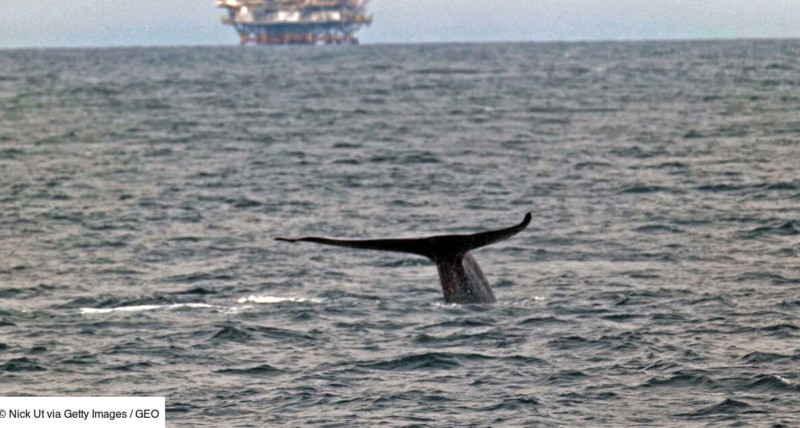“The New Mediterranean Pact will offer Tunisia renewed economic and human opportunities,” stated Dubravka Šuica, European Commissioner in charge of the Mediterranean, in response to a question from TAP News Agency about the impact of this initiative on the country.
During a press conference held on Thursday at the headquarters of the European Commission in Brussels, dedicated to the official launch of the New Mediterranean Pact, the Commissioner highlighted the multiple opportunities this new cooperation framework will create for Tunisia.
She emphasized that the Pact will enhance Tunisia’s attractiveness to foreign investment—particularly in the green and technology sectors—and improve Tunisian exports by reducing certain trade barriers, thereby opening new access to European markets.
The European official also referred to the establishment of legal migration mechanisms and university and vocational mobility programs for young Tunisians, adding that these mechanisms go hand in hand with bilateral and multilateral cooperation to combat irregular migration.
“As a country of the Mediterranean area, Tunisia will benefit from the provisions of this new Pact, the result of intense consultations among all stakeholders, whose main goal is to build partnerships based on equality between the countries involved,” she said.
“The Pact is the outcome of an in-depth and inclusive consultation process involving a wide range of stakeholders, including countries from both shores, EU Member States and institutions, neighboring countries from the broader region, as well as representatives from civil society, the private sector, academia, think tanks, and cultural and economic organizations,” she added.
For her part, the European Commission’s High Representative, Kaja Kallas, explained that the New Mediterranean Pact is founded on the principles of co-ownership, co-creation, and shared responsibility. It adopts a practical approach, centered around no fewer than 100 tangible initiatives designed to bring added value to citizens and economies across all Mediterranean shores.
The main objective, she noted, is to create mutual benefits—from clean energy production to unlocking private investment—by mobilizing regional projects that generate opportunities, with particular attention to youth, women, and small businesses.
According to Kallas, the Pact focuses on citizens as drivers of change, connection, and innovation. It encompasses actions related to higher education, vocational training, skills development, and employment.
In this regard, she announced that the Pact envisions the creation of a Mediterranean University to connect students from all shores of the region within an innovative educational ecosystem that strengthens technical and vocational training.
Furthermore, the Pact aims to build stronger, more sustainable, and integrated economies through initiatives designed to modernize trade and investment relations and to develop clean energy and technologies.
The European official added that the blue economy, agriculture, digital connectivity, and transport are also at the heart of the Pact’s initiatives and actions.
She announced flagship projects such as T-MED, a trans-Mediterranean initiative on renewable energy and clean technologies, and StartUp4Med, which will soon be launched.
Kallas also underscored that issues of security, military cooperation, and migration management represent another major axis of the Pact.
She noted that several actions are planned to address shared challenges in security and stability, including the implementation of a comprehensive approach to tackle irregular migration—covering integrated border management and the fight against migrant smuggling—the launch of a regional Forum on Peace and Security to strengthen cooperation between the European Union and Southern Mediterranean countries, and a focus on preparedness and resilience in the face of crises.
The High Representative further indicated that the New Mediterranean Pact is open to engagement beyond the Southern Mediterranean, including the Gulf, Sub-Saharan Africa, the Western Balkans, and Turkey, thus creating an expanded framework for regional cooperation and concrete projects.
According to a statement released by the European Commission, the Pact is expected to be submitted for political endorsement by the EU and its Southern Mediterranean partners in November 2025, coinciding with the 30th anniversary of the Barcelona Process.
The initiatives proposed under the Pact will be translated into a specific Action Plan, detailing the participating countries and stakeholders for each initiative.
The initial Action Plan is expected in the first quarter of 2026. It will be an evolving document, allowing for new initiatives to be added over time. Regional organizations, civil society, and youth organizations will be invited to support its implementation, while EU institutions will be regularly updated on its progress.
Source: aman




